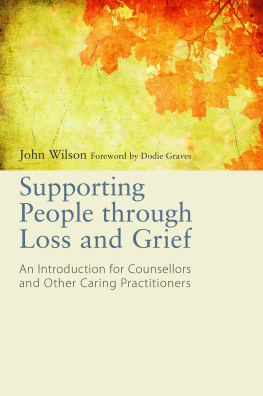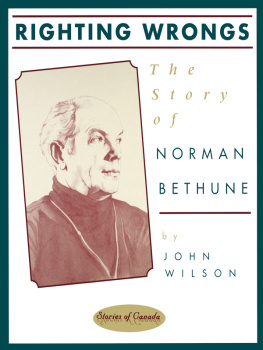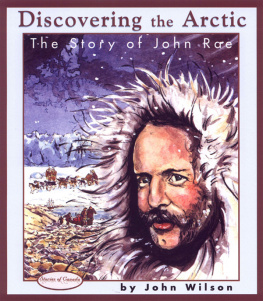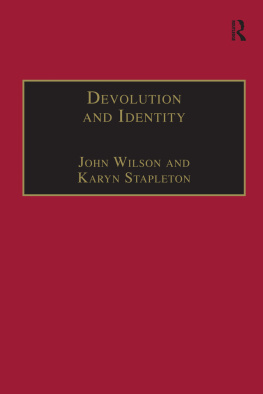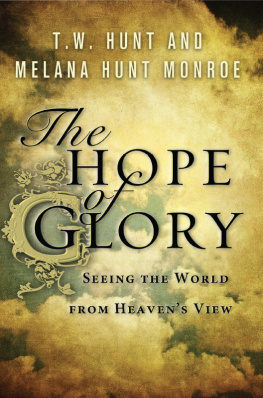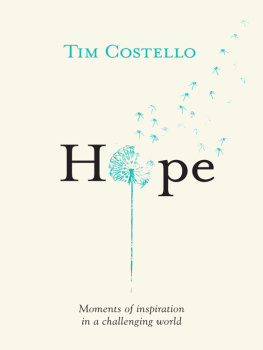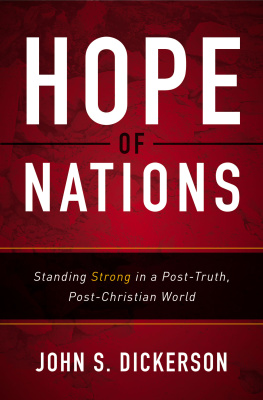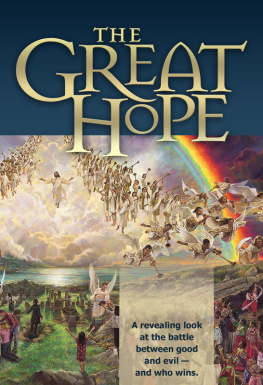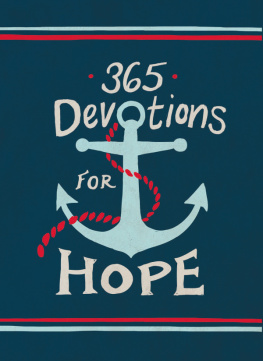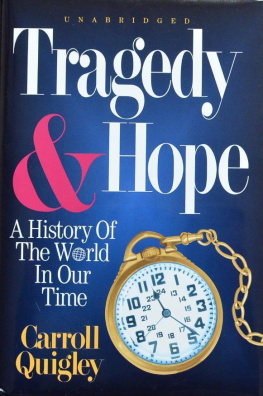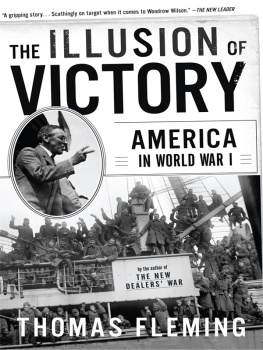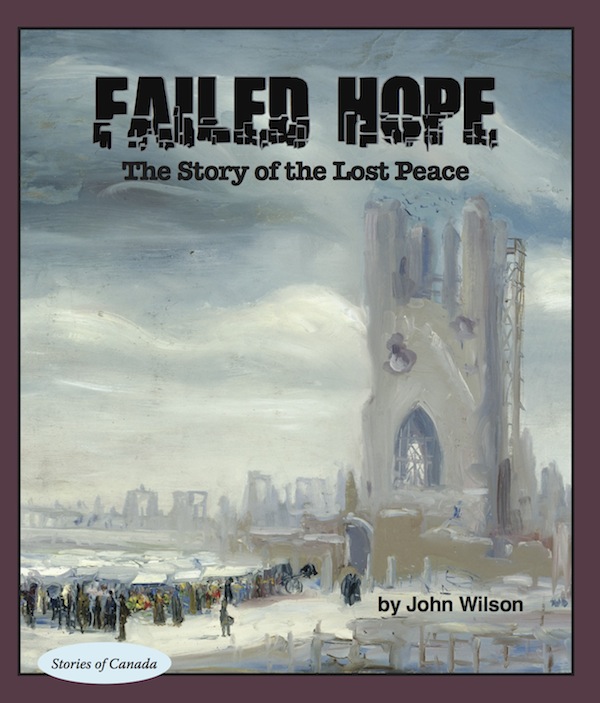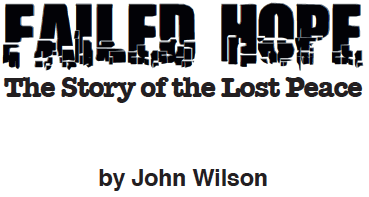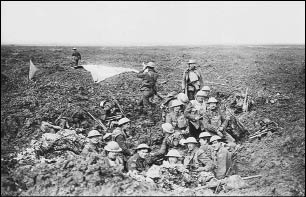John Wilson - Failed Hope. The Story of the Lost Peace
Here you can read online John Wilson - Failed Hope. The Story of the Lost Peace full text of the book (entire story) in english for free. Download pdf and epub, get meaning, cover and reviews about this ebook. year: 2012, publisher: Dundurn Press Limited;Dundurn, genre: Politics. Description of the work, (preface) as well as reviews are available. Best literature library LitArk.com created for fans of good reading and offers a wide selection of genres:
Romance novel
Science fiction
Adventure
Detective
Science
History
Home and family
Prose
Art
Politics
Computer
Non-fiction
Religion
Business
Children
Humor
Choose a favorite category and find really read worthwhile books. Enjoy immersion in the world of imagination, feel the emotions of the characters or learn something new for yourself, make an fascinating discovery.

- Book:Failed Hope. The Story of the Lost Peace
- Author:
- Publisher:Dundurn Press Limited;Dundurn
- Genre:
- Year:2012
- Rating:5 / 5
- Favourites:Add to favourites
- Your mark:
Failed Hope. The Story of the Lost Peace: summary, description and annotation
We offer to read an annotation, description, summary or preface (depends on what the author of the book "Failed Hope. The Story of the Lost Peace" wrote himself). If you haven't found the necessary information about the book — write in the comments, we will try to find it.
Peace after the First World War inspires hope for a better life thats crushed by the advent of the Second World War.
Long-listed for the Information Book Awards, 2013
Beginning with the Treaty of Versailles and the hope for the birth of a better world, Failed Hope follows the postwar rise of fascism, social unrest, Prohibition, the Great Depression, Adolf Hitlers rise to power, and the wars in Abyssinia, Spain, and China. The general strike in Winnipeg provides a Canadian perspective to the global labour turmoil of the period. The book ends with the failure of appeasement and the outbreak of the Second World War.
The information is presented in easily digestible segments, accompanied by photographs. Informative sidebars provide background information or connect world events to activities in Canada.
Failed Hope links with John Wilsons two previous books, Desperate Glory and Bitter Ashes, covering the history of the...
John Wilson: author's other books
Who wrote Failed Hope. The Story of the Lost Peace? Find out the surname, the name of the author of the book and a list of all author's works by series.


